How to Support a Survivor
If someone you know discloses about their experience with sexual violence, dating/domestic violence, and/or stalking it may be difficult to know how to respond or support them.
There is a range of feelings you may experience including anger, fear, sadness and anxiety, which are all completely valid. It is important to know if someone discloses to you, they trust you and feel safe.
Responsible Employee information here.
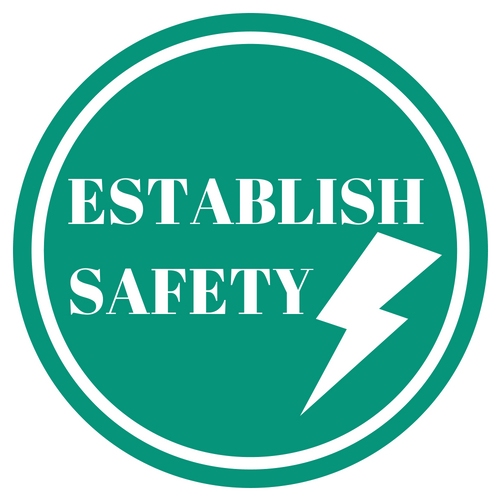
Ensure the immediate safety of the individual. 911 is valuable in emergency situations, just remember to honor the survivor decisions if they wish not to call.
If the survivor is a UCSC undergraduate, graduate, staff, or faculty, they are able to receive free, confidential support at CARE.If the disclosure happens after hours, or the survivor is not affiliated with UCSC, Monarch Services is available 24/7 through their confidential support hotline 1-888-900-4232.
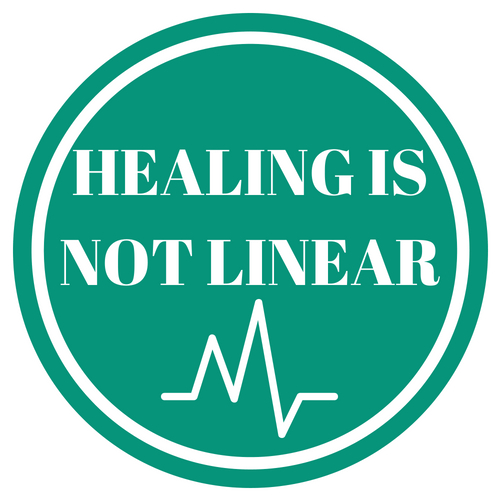
There’s no schedule or timetable when it comes to healing. The following suggestions can help you to continue to support the survivor: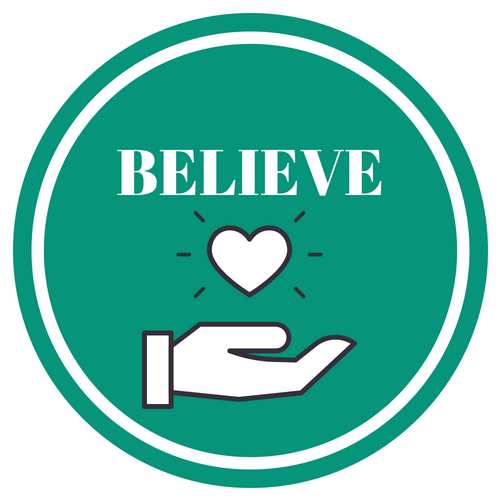
It can be extremely difficult for survivors to come forward and share their story. Be careful not to interpret their emotional appearance or tone as a sign that the event did not occur since everyone responds to traumatic events differently. How you respond to the disclosure will likely impact what they do next and how they cope with their experience. One of the best ways to support the survivor is to simply say, “I believe you.”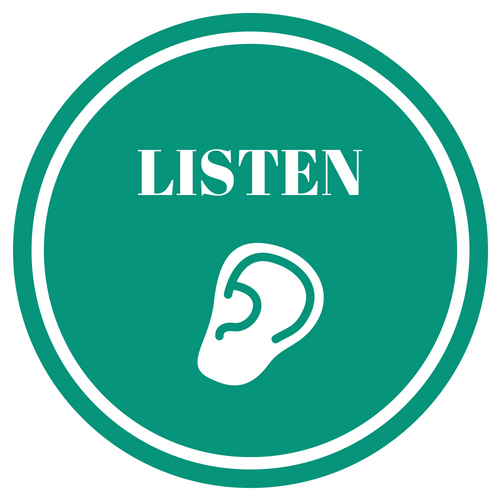
Listening is one of the most important ways to help. Often survivors just need someone to hear their story. Listen without judgment or interruption. Encourage them to take whatever time is necessary. It is also helpful to be validating of whatever the person is feeling. For example, "It makes sense that you would feel angry right now."
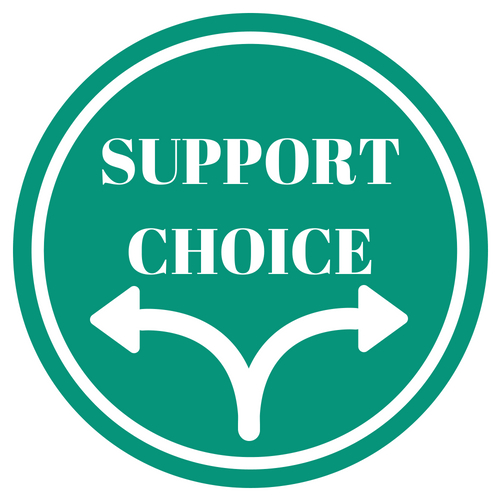
It does not help the survivor to tell them what to do. It is important for them to be in control of their situation. Instead, lay out difference options in a neutral way and support whatever they choose to do. This creates an environment for healing that you can promote with the survivor.
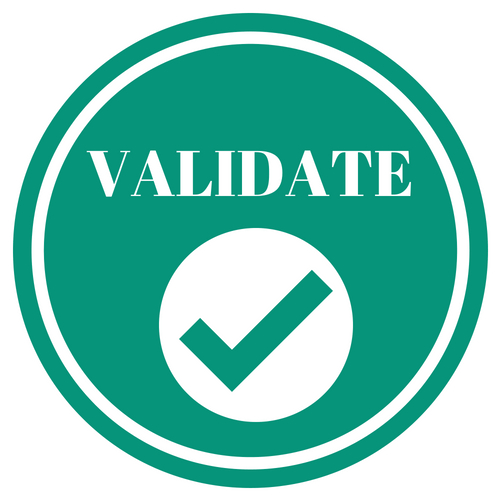
Make it clear that you know your friend is not responsible in any way for their assault, no matter what the circumstances. For example, if your friend was intoxicated, they are not to blame. The only person responsible for the assault is the perpetrator.
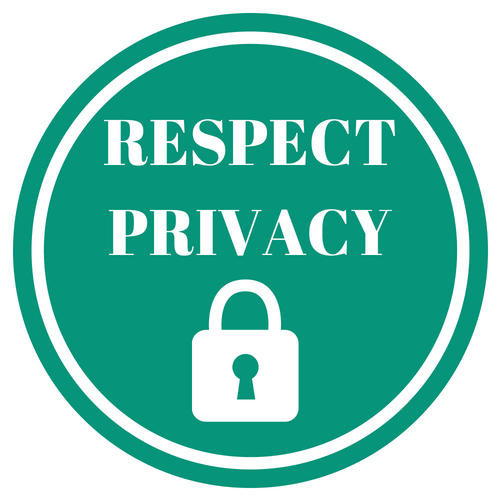 Do not tell other about the survivor’s story or reveal any names or details. Unless you have the survivor’s permission and are making a referral to someone in a professional capacity, keep their information confidential. It is critical you respect the confidentiality of the survivor since their trust has probably been damaged from their experience. You can also give the survivor confidential resources - CARE and CAPS. If you are a responsible employee or mandated reporter, be honest and open about your responsibilities to report.
Do not tell other about the survivor’s story or reveal any names or details. Unless you have the survivor’s permission and are making a referral to someone in a professional capacity, keep their information confidential. It is critical you respect the confidentiality of the survivor since their trust has probably been damaged from their experience. You can also give the survivor confidential resources - CARE and CAPS. If you are a responsible employee or mandated reporter, be honest and open about your responsibilities to report. 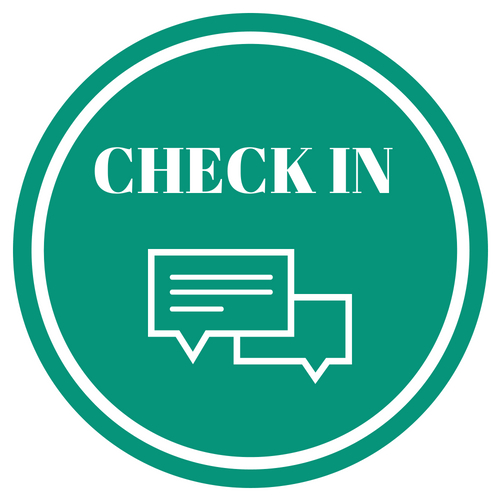
The event may have happened a long time ago, but that doesn’t mean the pain is gone. Check in with the survivor, if possible, to remind them you still care about their well-being and believe their story.
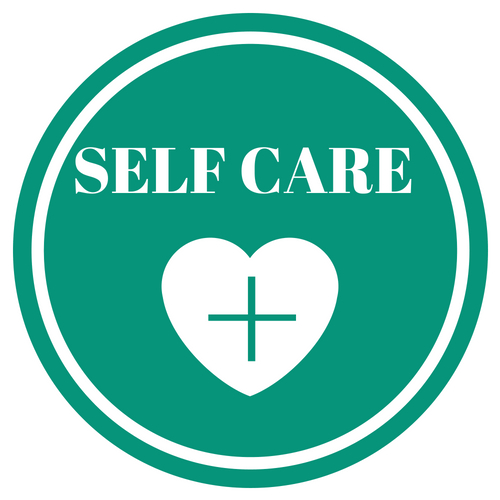
Supporting a survivor can be an emotionally challenging experience. Pay attention to your needs and practice self care. This may include, setting boundaries, spending time on activity you enjoy or even simple things like taking a shower, buying a coffee or taking a nap. This will be beneficial for your role as a support person and you will be modeling positive coping behaviors for the survivor.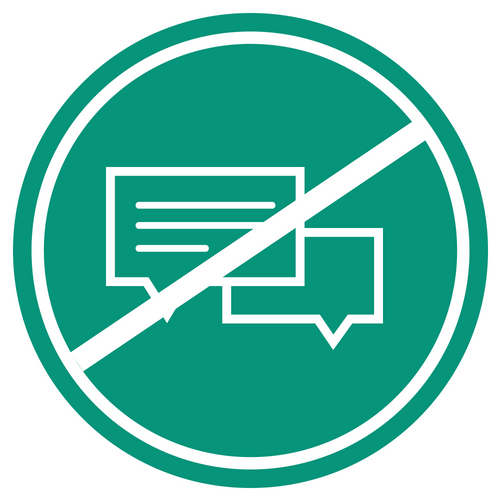
Keep in mind some possibly negative responses. Some common responses to disclosures are not helpful. These are just some examples:
- Do not ask questions that imply blame or question the survivor's actions. Questions like these may make the person feel guilty and may decrease the chances of them being willing to speak up again.
- Do not press for details as this can retraumatize the survivor. Also keep in mind you cannot fully understand what they have experienced and that’s OK! You don't know more about what a person is going through than they do and just be willing to help in the capacity that you can.
- Do not tell them to “get over it” or “move on.” The healing process is a nonlinear progression that does not follow a timeline, therefore to negate feelings a week, a month or even a year later can be detrimental to the progress that has been made, if any. The trauma of the experience has changed the survivor and they may not go back to being who they were before. You can help by supporting their recovery and educating yourself on the effects of sexual violence.
- Do not say it could have been worse. This belittles and minimizes the survivor’s experience, which can increase self blame and guilt.
- Do not make the disclosure about you. It is understandable to be triggered and be overwhelmed, but the survivor trusted you enough to share this with you. CARE and Monarch are available to you if you need to debrief or work through emotions.
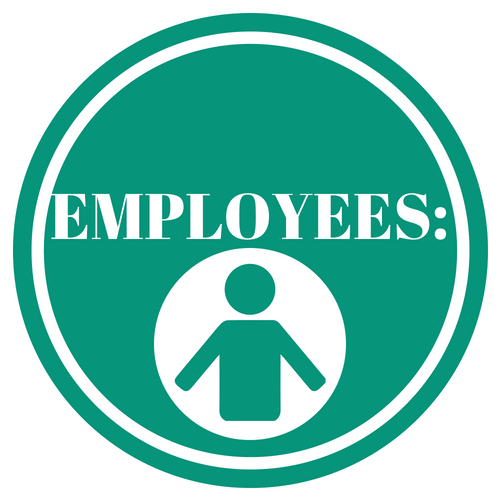 A responsible employee is anyone who is employed by the UC, including student employees. The only exceptions are CARE and CAPS professional staff.
A responsible employee is anyone who is employed by the UC, including student employees. The only exceptions are CARE and CAPS professional staff. As a responsible employee you are mandated to report any disclosure of sexual violence, dating/domestic violence or stalking to Title IX. If you feel someone is going to disclose any information it would be best to interrupt and disclose your reporting responsibilities. If someone started disclosing but did not give details and you are unsure whether or not to report, please call either the CARE office (831) 502-2273 or
Title IX office (831) 459-2462.An example of what you can say is:
- “It sounds like you’re about to tell me about an incident involving sexual violence/sexual harassment. Just to remind you, I am required by the University to report the details to the Title IX office. Title IX will review the report and will reach out to you with information about confidential resources and reporting options. In some cases they may be required to start an investigation.”
- “If you just want to talk about an issue of sexual violence, CARE advocates are a confidential resource that you can use.”
Ask if you can help the person set up an appointment with CARE so they know their options once the report is received.
